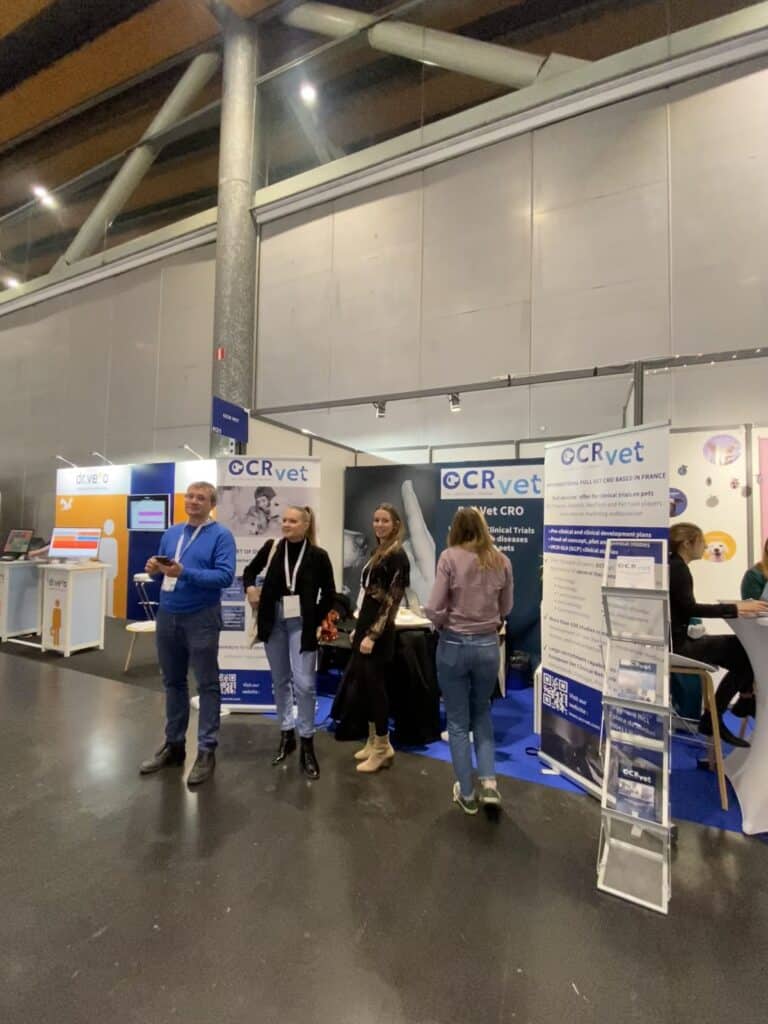OCR today announced that a Phase I clinical pharmacology study conducted in collaboration with pharma giant, Pierre Fabre, has been selected and published in the prestigious AACR journal, Clinical Cancer Research. This represents significant recognition from the wider scientific community of the pertinence of canine models in human oncology medicine.
The bi-monthly publication, celebrating its 20th anniversary this year, specializes in innovative and translational cancer research studies and has a reputation for prioritizing the oncology industry’s leading clinical trials that evaluate new treatments and laboratory and animal studies.
Comparative oncology has revealed that spontaneous lymphomas in dogs are the closest to their human counterparts, both sharing many clinical, biologic, genetic and therapeutic similarities. This makes them the most relevant animal model to study new therapies for this indication in humans and explains the interest of this ground-breaking study for publication in Clinical Cancer Research.
Initiated at the beginning of 2013, the collaborative OCR – Pierre Fabre project centered on F14512, a new anticancer drug from the pharmaceutical laboratory, which has already demonstrated potent in vitro and in vivo antitumor activities in solid preclinical studies. The aims of the programme are initially to expand the exisiting canine tumor biobank and consequently, to investigate the potential safety, toxicity, tolerance and therapeutic efficacy of F14512 in a canine lymphoma model and potential biomarkers that could be translated into human trials.
Lead author and OCR CEO, Dr. Dominique Tierny, looks back at the project, “This study shows Pierre Fabre’s confidence in OCR as a trusted research partner. I am grateful to them for this comparative co-development opportunity which represents our first collaboration with a renowned pharmaceutical group and a proof of concept for the industry.”
Mr. Nicolas Guilbaud, Director of Oncology Research Partnerships at the Pierre Fabre Research Institute, added, “ The publication of this study in Clinical Cancer Research demonstrates its scientific value. We were impressed with OCR’s significant expertise and contribution, but moreover by their capacity to quickly recruit dogs with spontaneous pathologies for comparative studies which are in line with our strategy. We envisage further collaborative research endeavours with OCR in other therapeutical areas in the future.”
The encouraging results of this study, providing strong evidence of the clinical efficacy of F14512 in a pet dog model of lymphoma, also revealed potential translational relevance for both the ongoing clinical development of the new drug and the treatment of lymphomas in humans. OCR intends to discuss the follow-up, on-going double-blind comparative study of F14512 and Etoposide at AACR in New Orleans in April 2016.



